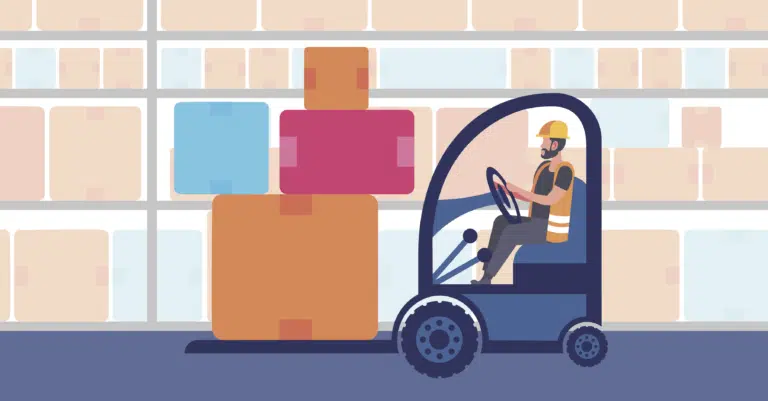An important step in the commercial cleaning sales process is the site visit or facility tour. While it is possible to receive an reasonable proposal from a commercial cleaning company without this step, allowing a potential cleaning vendor to “lay eyes on” your building will produce better results. In this article we discuss the purpose of the site visit, and how to best prepare for visits from potential vendors
Purpose of the Site Visit
- Direct labor (wages) and labor related costs (i.e., taxes, benefits) account for over 90% of the cost of a commercial janitorial program
- Direct labor is calculated by estimating the number of hours needed to clean a facility and then multiplying by the wages of the cleaning team
- Estimating the number of labor hours needed to clean a facility is the most important factor when estimating the cost to clean a facility
- SO, the primary purpose of the site visit is to allow the prospective cleaning company to gather information required to make an accurate estimate of the number of hours needed to clean a facility.
Information To Be Gathered
Below are the 4 items cleaning vendors are seeking to discover while visiting a building
- Space Density – This refers to the “tightness” of the cleaning areas. For example, call centers (“cubicle farms”) and medical offices tend to be very dense. Denser spaces tend to reduce efficiencies, and thus tend to require more time to clean.
- Working Conditions – This typically comes into play only in manufacturing facilities where the working conditions might be hot, dusty, or require extra personal protective equipment (PPE). While working conditions may/may not have an impact on the number of work hours needed to clean, they can have a significant impact on the wages that must be paid to attract cleaners to work in certain conditions.
- Flooring Types – Cleaning floors is a big part of any janitorial program. So, cleaning companies need to see what types of flooring are in a building and how much (square feet) of each type. The two broad types are hard surface flooring and carpet. Hard surface floors require two cleaning tasks (sweeping and mopping) and generally take longer to clean than carpeted flooring (vacuuming).
- Existing State of Cleanliness – Potential vendors will be looking for two things. First, if the building has not been cared for very well, it will require more time to bring the facility back to a manageable level. Second, cleaning companies will try to assess your level of expectations. If a potential client has a very high cleanliness expectation, that must be considered when developing the work hours estimate.
- Building/Campus Size – This is pretty straight forward – how big is the building and how spread out are the spaces. Cleaning companies must consider things like the amount of time a cleaner spends walking/traveling from space to space and/or building to building, the location of dumpsters, etc.
How You Can Help
There are a few things you can do to make the site visit productive and efficient.
- Directions and Instructions – It is helpful to provide potential vendors with a few things like where to park and enter the building, personal protective equipment (PPE) requirements, who to ask for upon arrival, and any required visitor safety training/documentation.
- When To Clean – You may have a request for proposal that covers this information, even so be prepared to help prospective vendors know when you wish to have your building cleaned. For example, do you want your facility after hours (evenings), do you need cleaning on weekends, do you need a day porter to clean throughout the day, etc.
- What To Clean – Again, if you have an RFP, you may have already provided vendors with a summary scope of work. The scope of work is important document to help prospective vendors what you wish to have serviced and how frequently. For example, most places wish to restrooms cleaned daily, but may wish to have dusting done on a weekly basis. Experienced commercial cleaning companies will provide a recommended scope of work if you don’t have one.
- Specific Information – This refers to any additional information that may be somewhat unique to your building/company. For example, certain types of buildings require more stringent background requirements than others. Or, does your company require extended payment terms or require vendors to register through a supplier portal.
Overall, the sole reason for a site visit is so that a potential vendor can calculate the exact man hours and how long it will take to clean the facility.
